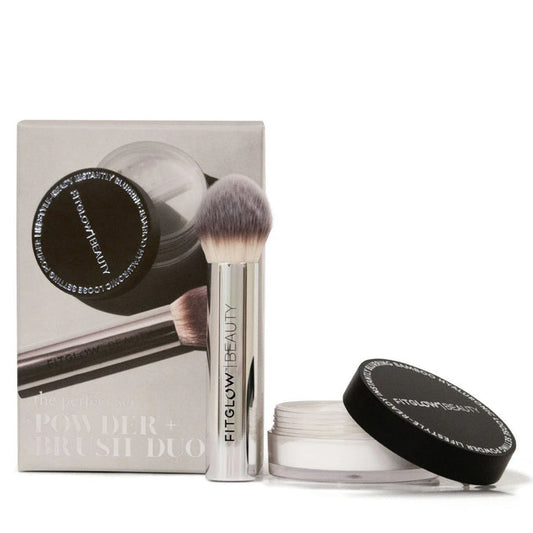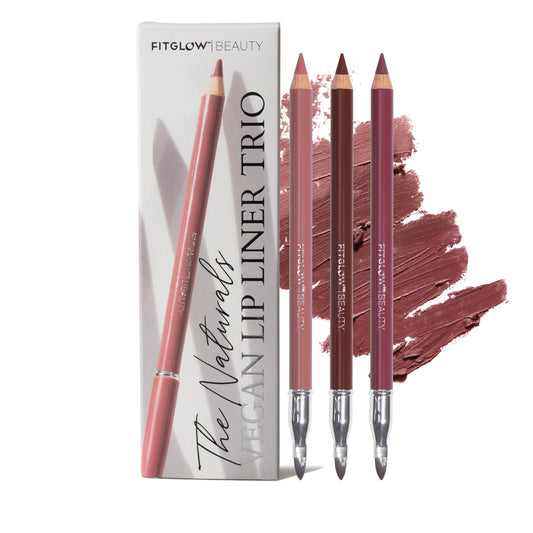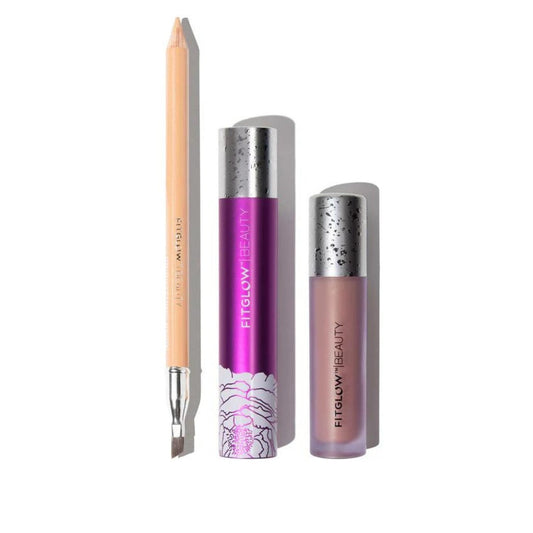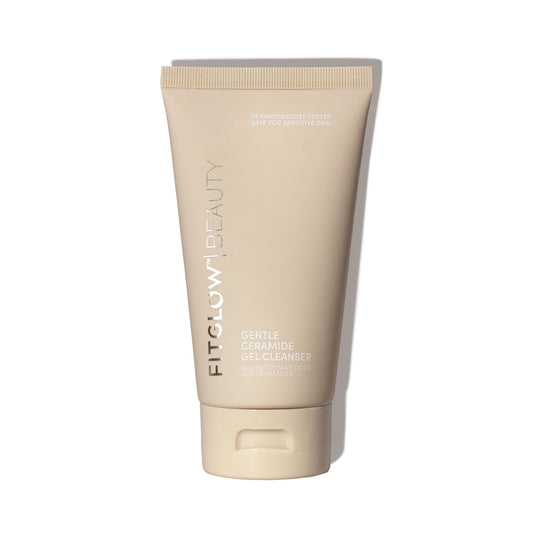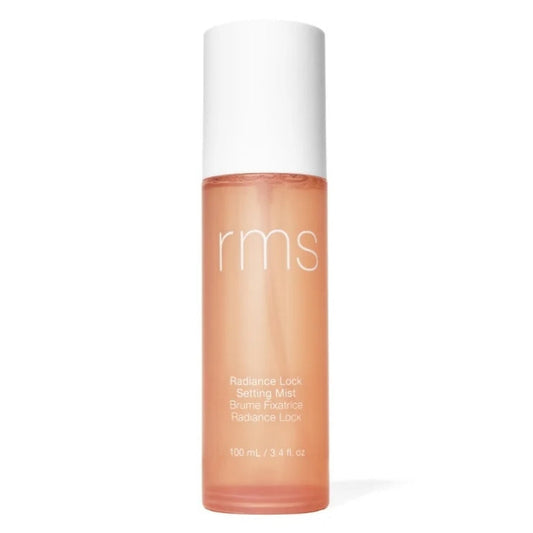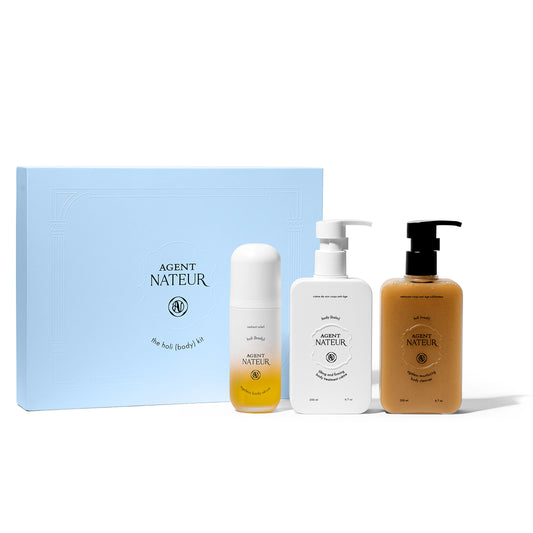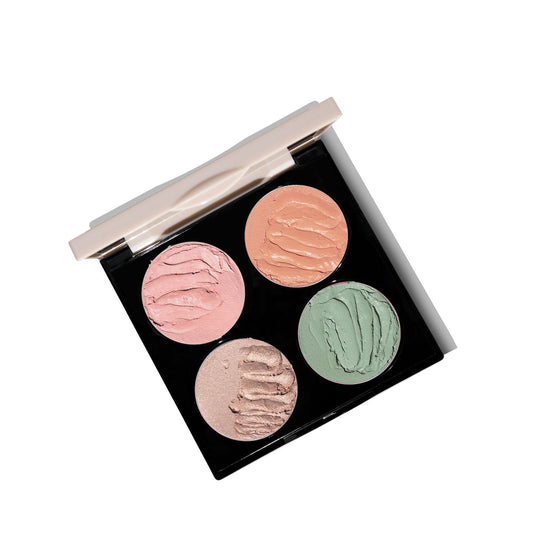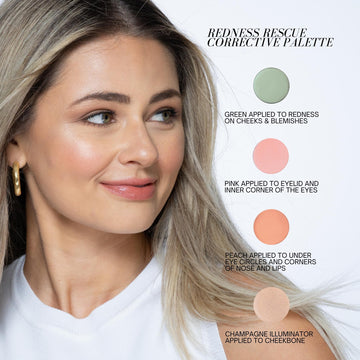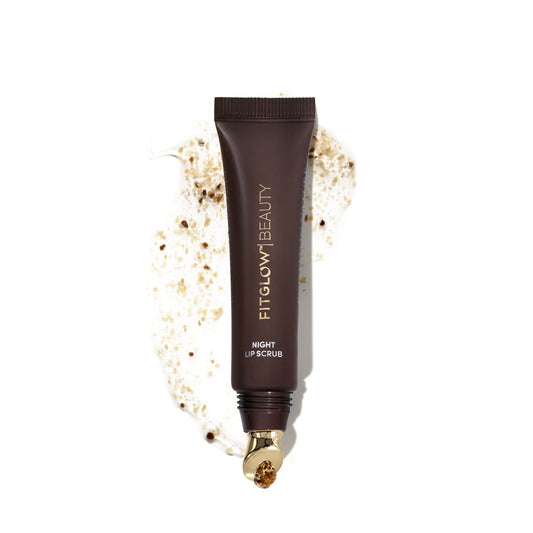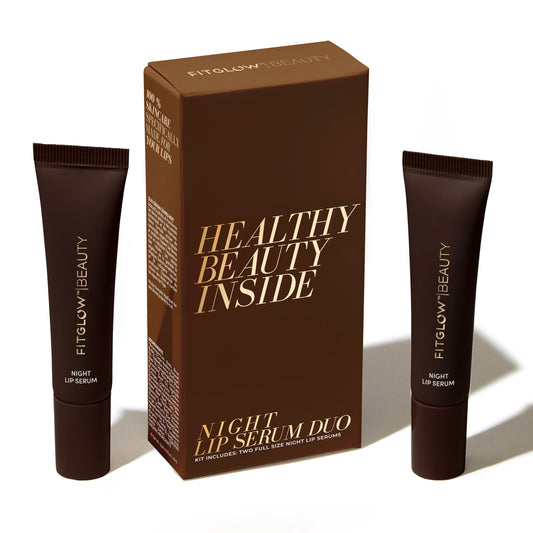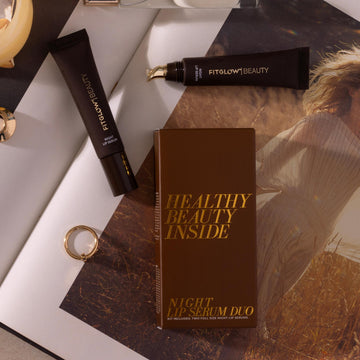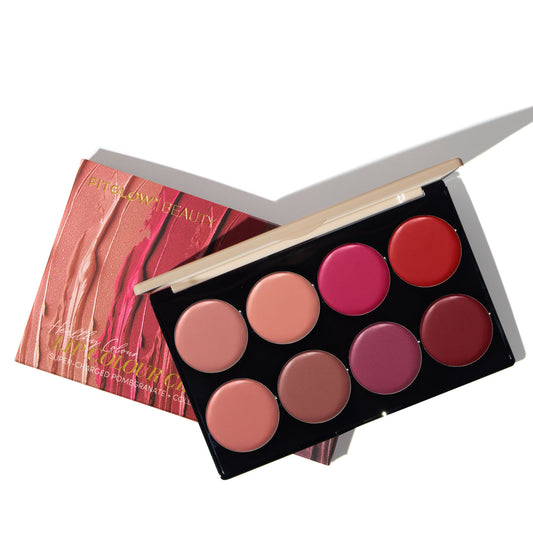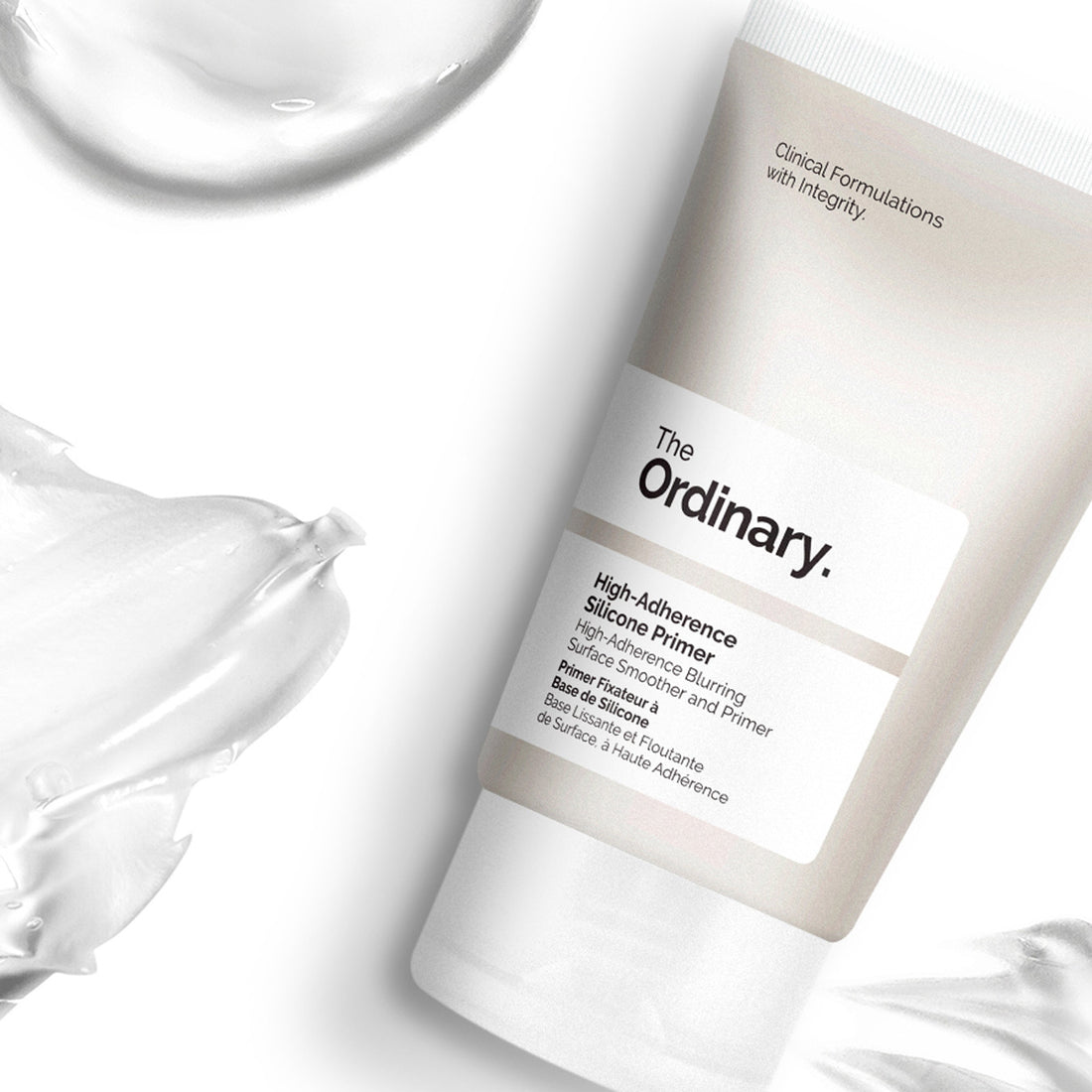Are silicone primers bad for your skin?
Silicone sounds like a toxic ingredient and many natural skincare products proudly proclaim themselves to be silicone-free. And yet it is a common ingredient in most facial primers, even from clean beauty manufacturers? So what is the DL on silicone? Is it good? Is it bad? Let’s take a closer look.
Silicone is a synthetic ingredient made from silicon, oxygen, and typically hydrogen and carbon. They are generally considered safe on the skin and have conditioning and emollient properties which help lock hydration into skin and prevent moisture loss. The silky and spreadable texture of silicones has made them popular in makeup products.
In primers, silicones help blur out the imperfections on your face and fill in fine lines and wrinkles while reducing the appearance of pores. This gives your makeup a clean base upon which it can be set, helps it apply more evenly and makes it look better. Its properties help makeup last longer which is particularly useful if you have oily skin and feel like your makeup slides off as the day wears on.
The biggest concern that people have with silicone is the purported ability to block pores and trap debris inside them, thereby enlarging your pores and preventing the penetration of beneficial ingredients. On the other hand, according to many dermatologists, silicone is considered both hypoallergenic and non-comedogenic, which means it won’t block your pores rendering it relatively safe for most people.
(A side tip to note, you should always thoroughly and deeply cleanse your skin and pores before applying any primer to your face.)
However, if you have sensitive skin that reacts to different ingredients, you may find an increase in acne and breakouts through the use of silicone. While this could be a reaction to silicone, it may not directly be the silicone itself, it can be the increased penetration of other inactive ingredients (excipients) that are used in conjunction with silicone.
If your skin commonly reacts to different ingredients, is sensitive, and prone to acne and breakouts, you can try avoiding silicone in your primers to determine if that, in fact, is causing the reactions. There are alternatives to silicones like essential oils and marine based products which you can look for if you want to avoid silicone.
A safe silicone primer you can consider is the High-Adherence Silicone Primer by The Ordinary. If you have skin that reacts badly to silicones or personally prefer to keep it out of your skin care, you can try some silicone-free primers like the Essential Daily Primer by Vapour Beauty and the Luminous or Mattifying Primers by 100% Pure®.
SEE BELOW FOR MORE!
THE ORDINARY HIGH-ADHERENCE SILICONE PRIMER
This formula uses advanced adaptive silicones to act as a matte, hydrating, blurring primer for makeup that looks higher in definition and adheres for longer. The formula can also be used alone as a non-greasy hydrator that reduces the looks of pores and of imperfections.
VAPOUR BEAUTY ESSENTIAL DAILY PRIMER
Essential Daily Primer is formulated without Silicone:
- Nourishing, soothing Macadamia + Jojoba oils
- Clarifying, antioxidant Cranberry water
- Ginger water helps even skin tone + improves elasticity
- Antioxidant Plum + Baobab extracts
- Scented with pure plant hydrosols and essential oil
Silicone free, vitamin and antioxidant infused, luminous primer makes cosmetic application last longer and flawless; fills in lines for smoothness and light reflective pigments diffuse flaws and illuminates for a healthy, glowing complexion.

